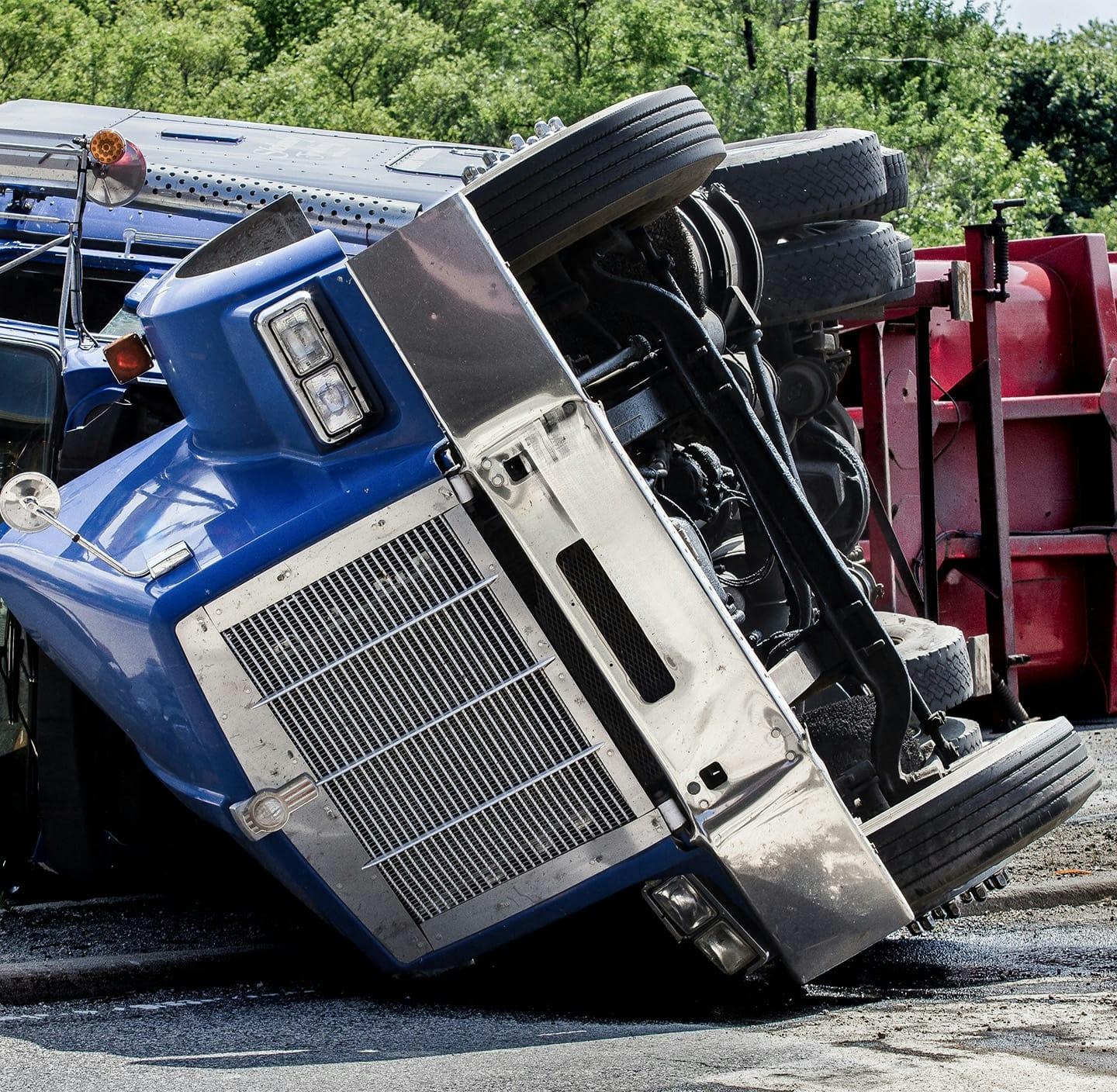Federal trucking regulations are designed to ensure the safety of drivers, passengers, and other road users. These regulations are primarily enforced by the Federal Motor Carrier Safety Administration (FMCSA), which is a division of the U.S. Department of Transportation. The FMCSA sets standards that cover a wide range of areas, including driver qualifications, hours of service, vehicle maintenance, and cargo securement.
One key area of regulation is the Hours of Service (HOS) rules, which limit the number of hours a truck driver can operate a commercial vehicle. These rules are intended to reduce driver fatigue and include specific requirements for rest breaks and maximum driving hours. For example, truck drivers are typically allowed to drive up to 11 hours within a 14-hour period after coming on duty, following which they must take at least 10 consecutive hours off.
Another important set of regulations pertains to driver qualifications. Drivers must meet certain age, language, and health requirements, and they must possess a valid Commercial Driver’s License (CDL). They are also subject to regular drug and alcohol testing to ensure they are not impaired while operating a commercial vehicle.
Vehicle maintenance and inspection regulations require trucking companies to ensure their vehicles are safe and well-maintained.
This includes regular inspections, maintenance, and repair of all components that affect vehicle safety, such as brakes, lights, and tires. Drivers must also conduct pre-trip inspections and report any defects or issues that could affect the safe operation of the vehicle.
The cargo securement regulations are designed to prevent accidents caused by shifting or falling cargo. These rules specify the types of securement devices that must be used and how cargo must be arranged and secured within the vehicle to prevent movement during transit.
In addition to these core regulations, the FMCSA also oversees insurance requirements for trucking companies, ensuring that they have adequate coverage to compensate for any damages or injuries resulting from an accident. The minimum required coverage varies based on the type of cargo and whether the transportation is interstate or intrastate.
These federal trucking regulations are enforced through regular inspections, audits, and roadside checks. Violations can result in fines, out-of-service orders, and other penalties, all aimed at promoting safety on the nation’s highways.


















